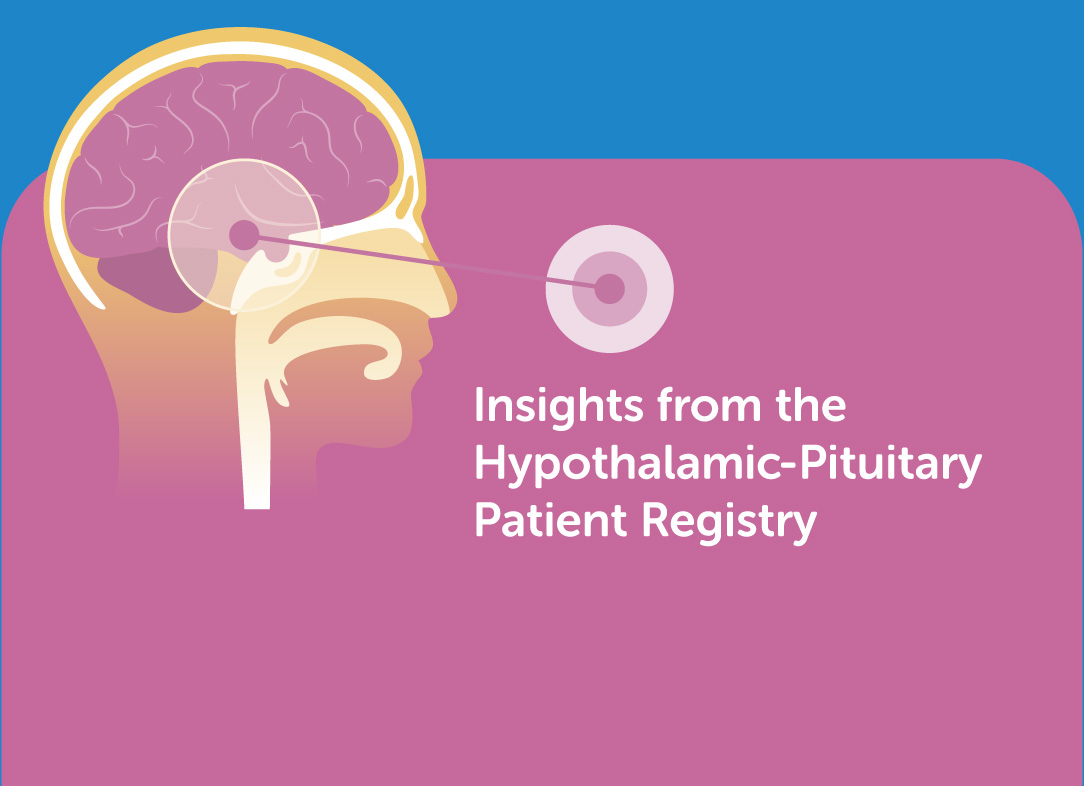Priorities Breakdown
Goals:
- Identify and recruit patients for clinical trials
- Identify and recruit patients and caregivers for clinical research studies
- Understand and gather data on views of caregivers and survivors
- Test new outcome measures to assess drug efficacy in clinical trials
- Examine longitudinal changes in clinical characteristics and treatment outcomes (natural history of CP)
- Assess effectiveness, safety, and harm of treatments in real-world settings
- Assess disparities in clinical care
Advantages:
- Accelerates clinical research, clinical trials, and improves care
- Represents a valuable tool for clinicians, survivors/caregivers, industry
- Helps identify underserved population (adults, African Americans)
- Facilitates data-sharing
Action plan:
- Build an online registry that is modular, adaptable, possibly interoperable
- Investigate implementation of Globally Unique Identifiers (GUID) to avoid data duplication
- Implement the first module with a minimal dataset (three minimum to complete)
- Build a registry that is owned by RAWF
- Collect data initially from survivors and caregivers
- Aim for an international outreach (collaboration with other organizations?)
Tasks Required:
- Identify patients through a communication campaign toward healthcare professionals, caregivers/survivors, and other patient organizations
- Scientific communication to patients and caregivers to increase patient engagement in research: therapeutic development, importance of participation in research
- Establish a registry advisory board that includes clinicians, caregivers, and survivors
- Develop a program management plan
- Plan to apply for a future RO1 grant titled Efficient and Innovative Natural History Studies Addressing Unmet Needs in Rare Diseases (R01) Clinical Trials Not Required (2024)
Goals:
- Gather evidence-based data on treatment priorities, symptoms of importance, benefit and risk assessment toward new treatments
- Guide RAWF’s research agenda and priorities
- Build a patient community around shared goal
Action plan:
- Develop patient and caregiver focus groups and/or advisory boards
- Identify concepts of interest
- Develop survey(s), preferably implemented in the registry
Context:
- The CP research ecosystem is fragmented, mainly centered on tumor or HO research and treatment
- The voice of survivors and caregivers is lacking
- There is no dedicated multidisciplinary research platform centered on CP treatment and quality of life
Goals:
- Create an integrated network of CP experts in research and care centered around patients’ and caregivers’ needs and treatment priorities
- Refine the RAWF’s research strategy and implementation
- Build on existing networks/consortia
- Share and disseminate data, information, tools
- Create a multi-stakeholder and disciplinary collaborative network
Action plan:
As a patient organization solely dedicated to accelerating treatment and improving the quality of life of CP patients, the RAWF will bring together an international group of clinicians, researchers and representatives from the pharmaceutical industry, government, patient, and caregiver communities. This multidisciplinary convening of stakeholders will work to integrate their expertise and views on opportunities, gaps, and challenges facing CP patients to drive consensus on important patient-centered outcomes research.




